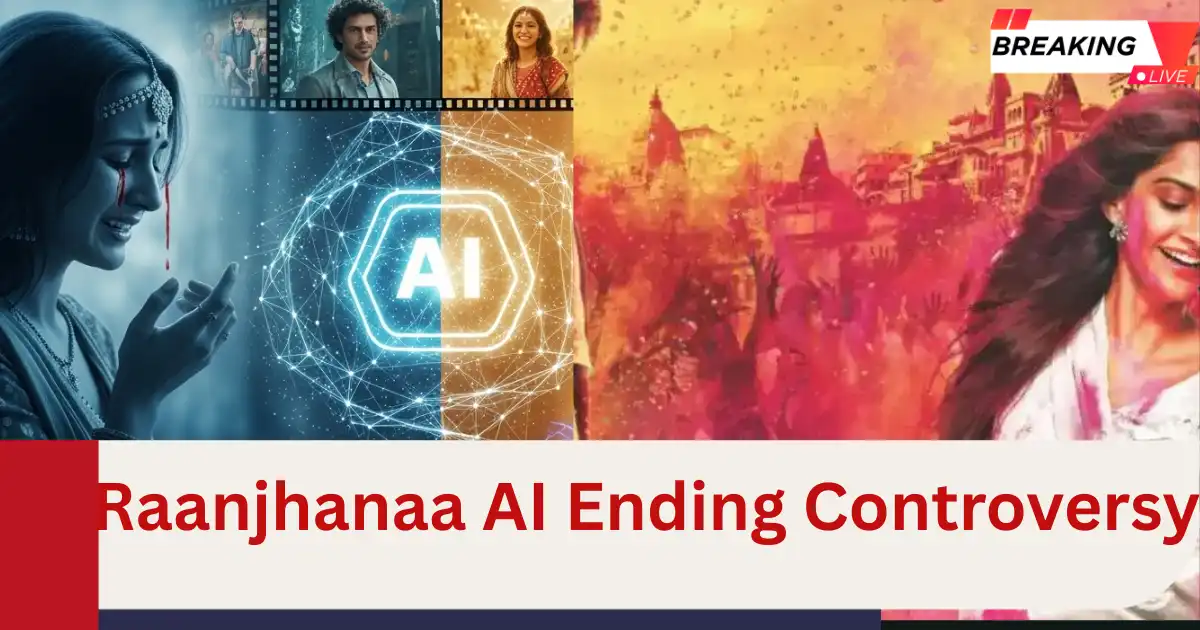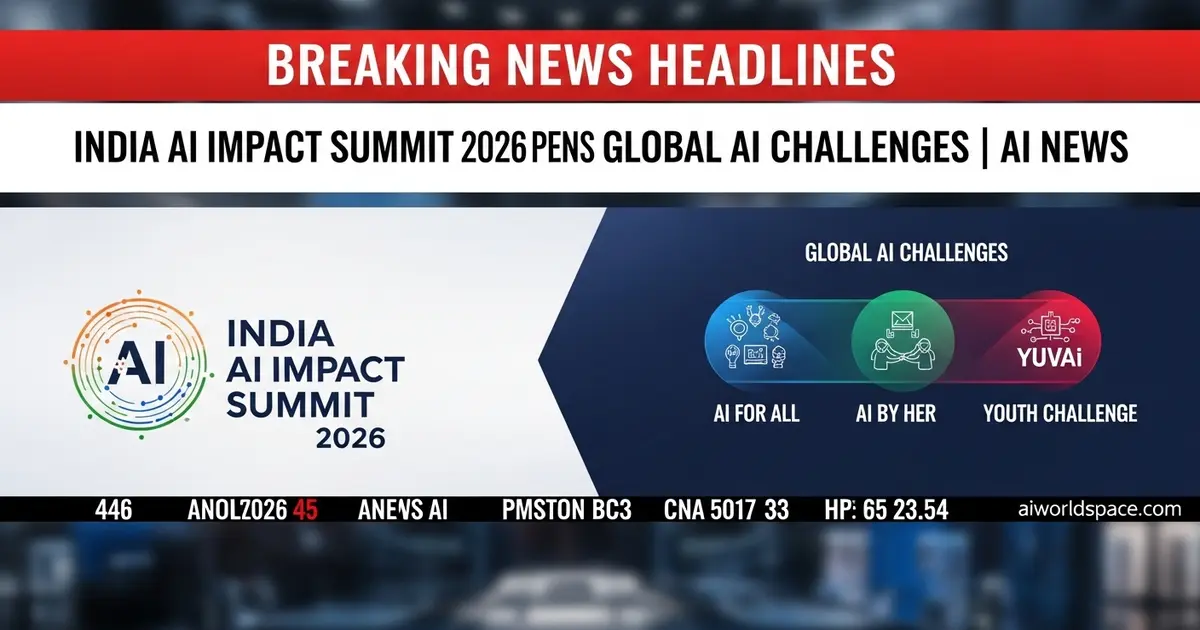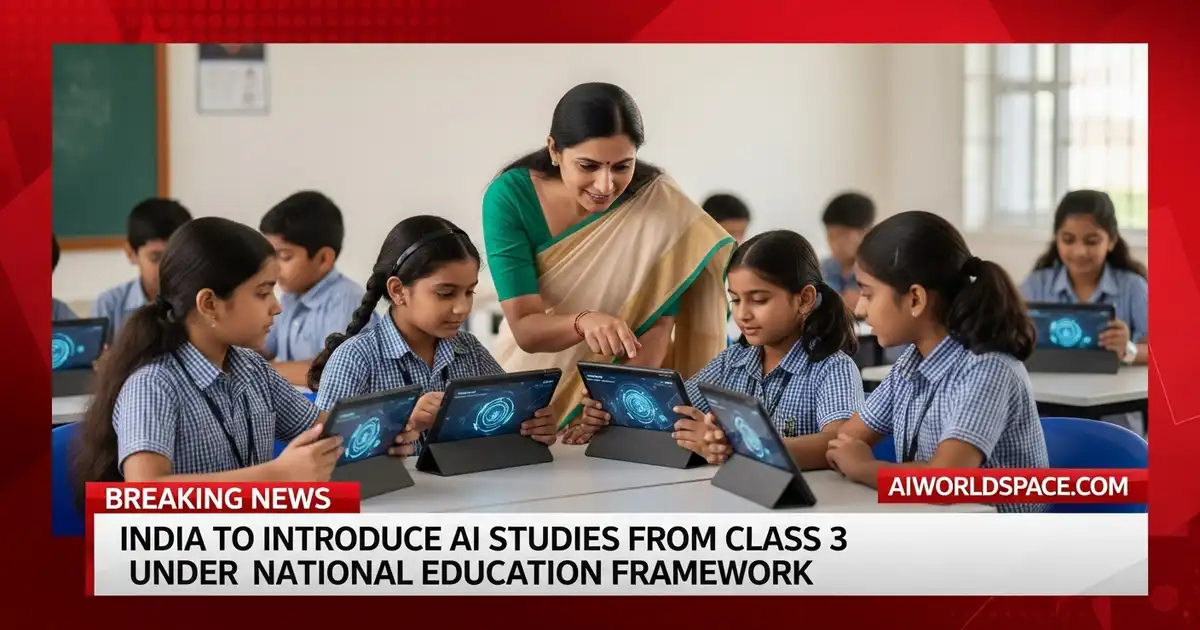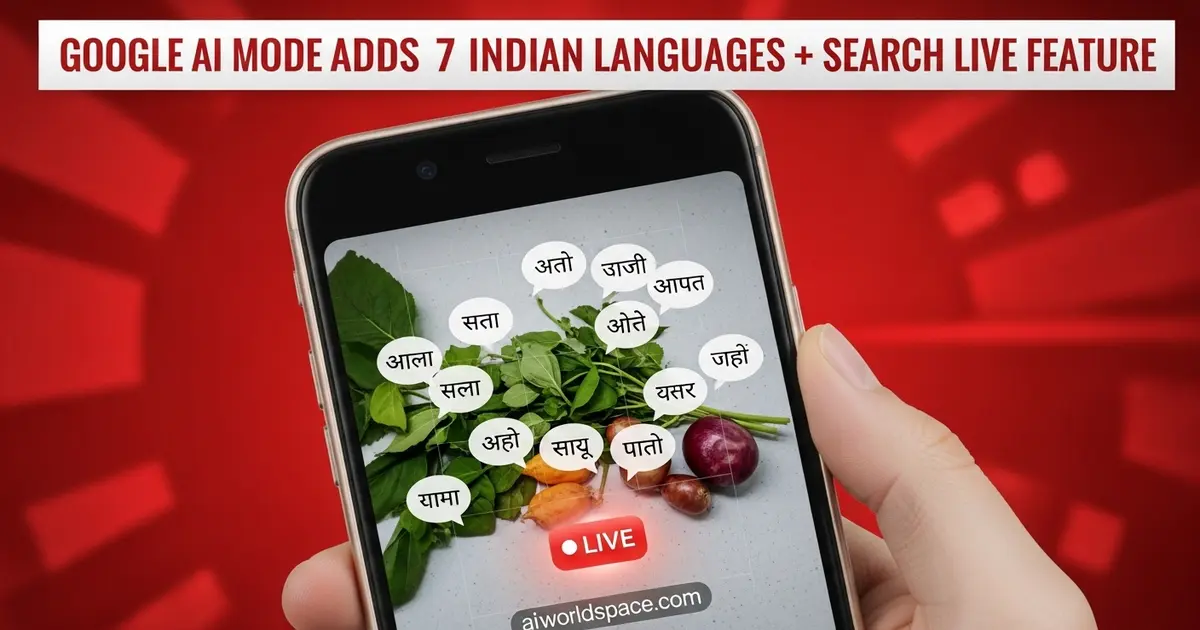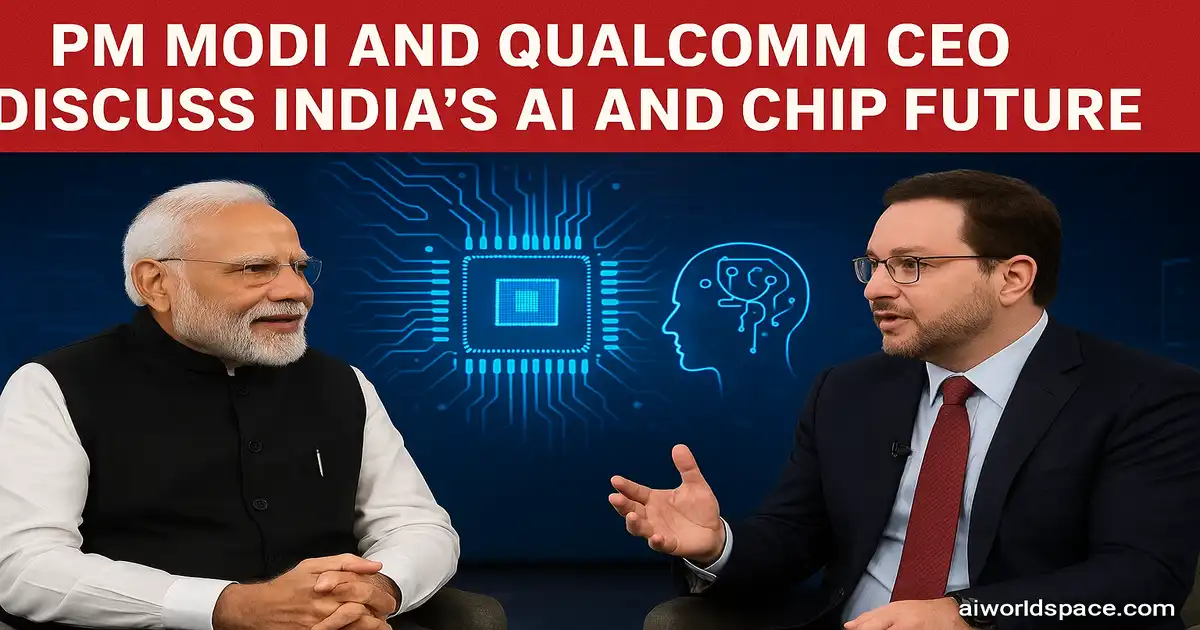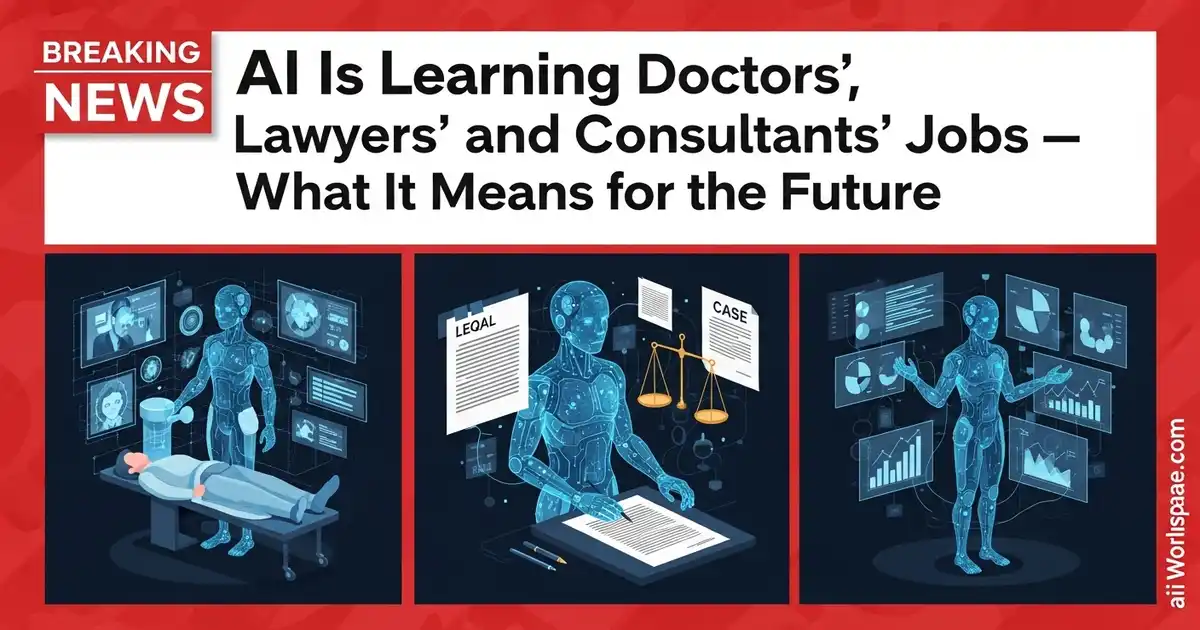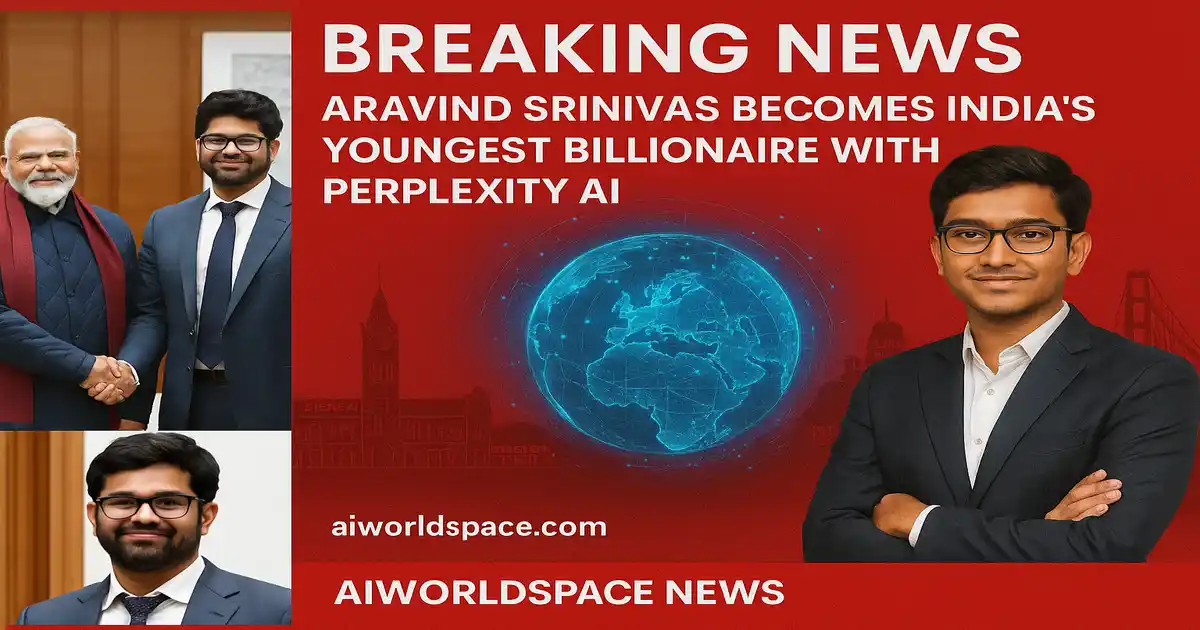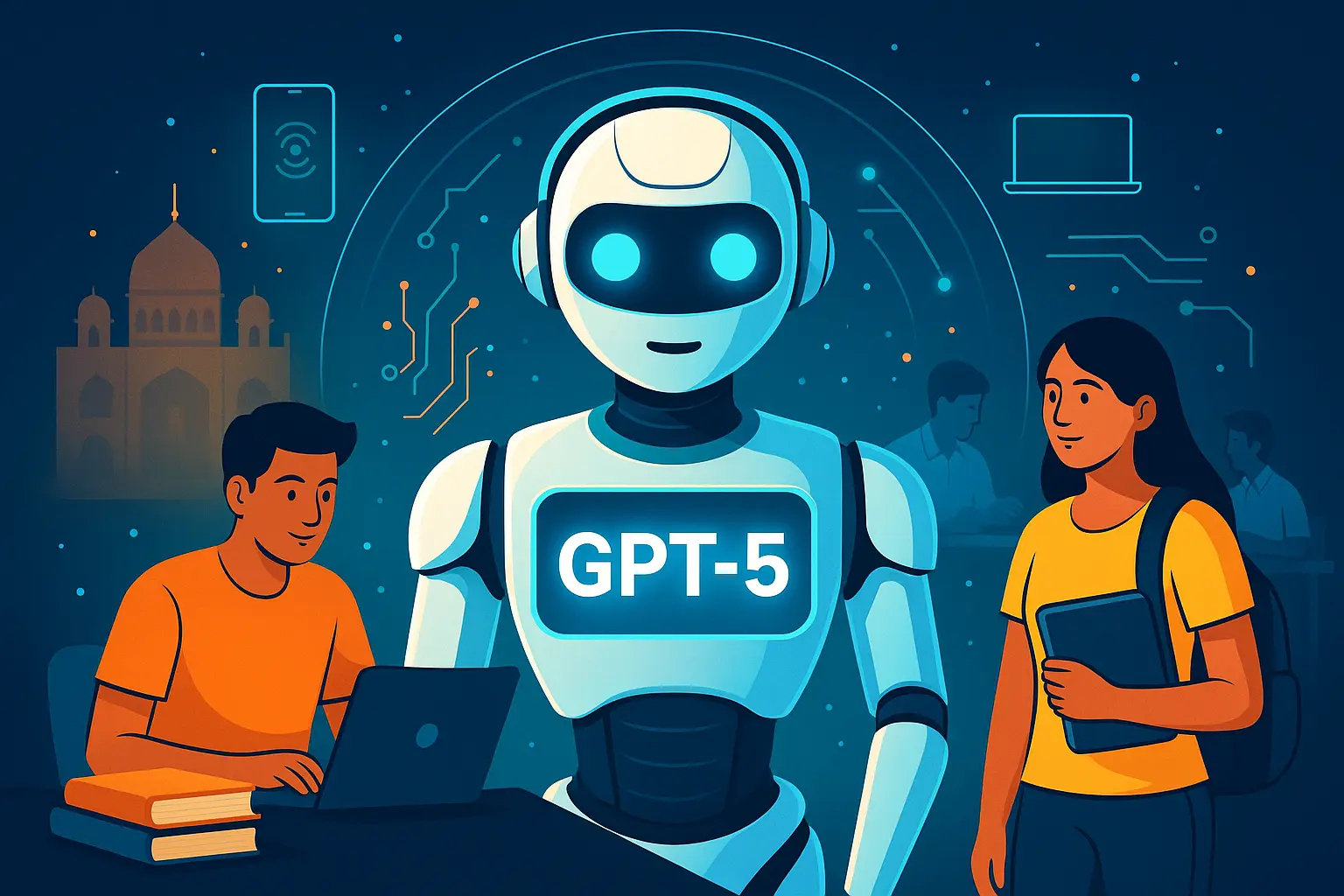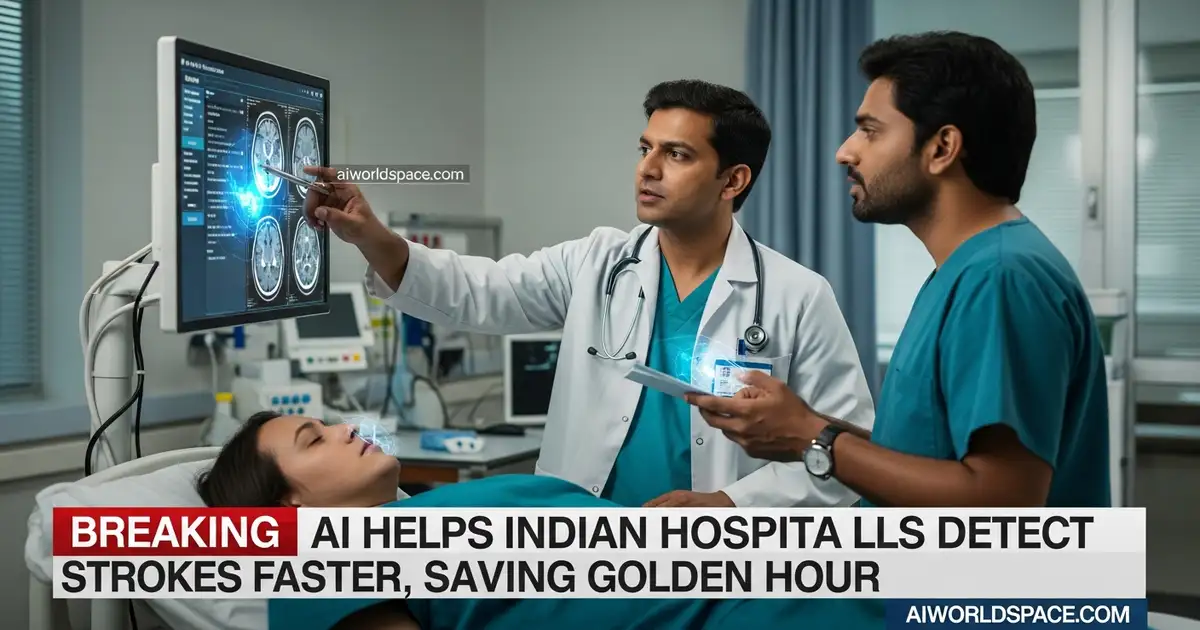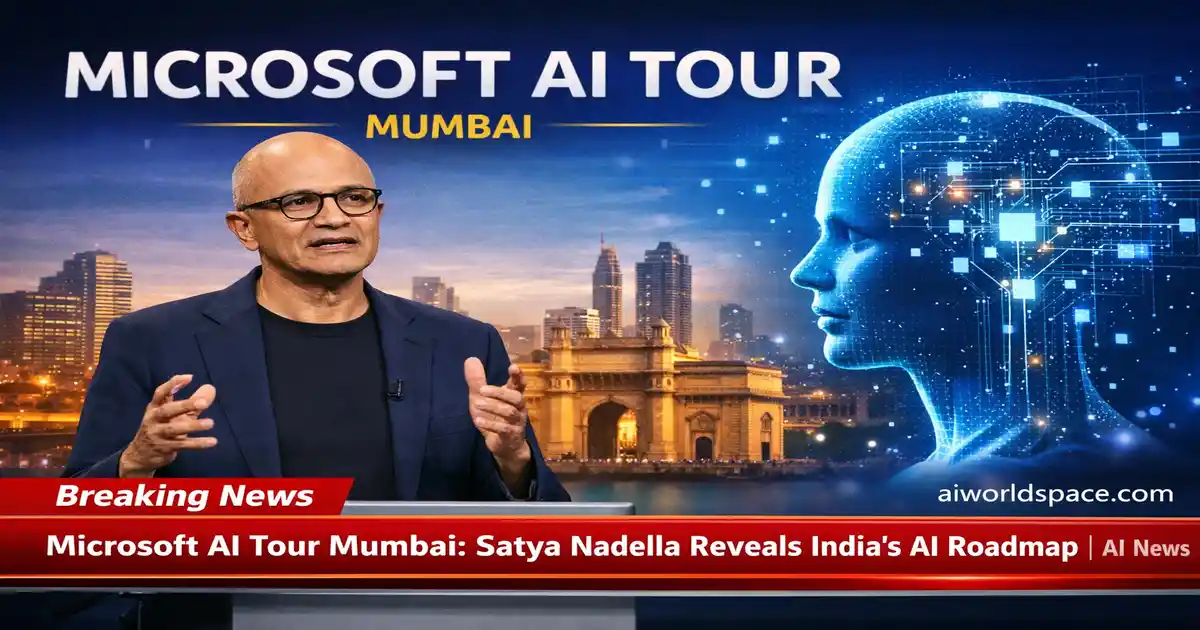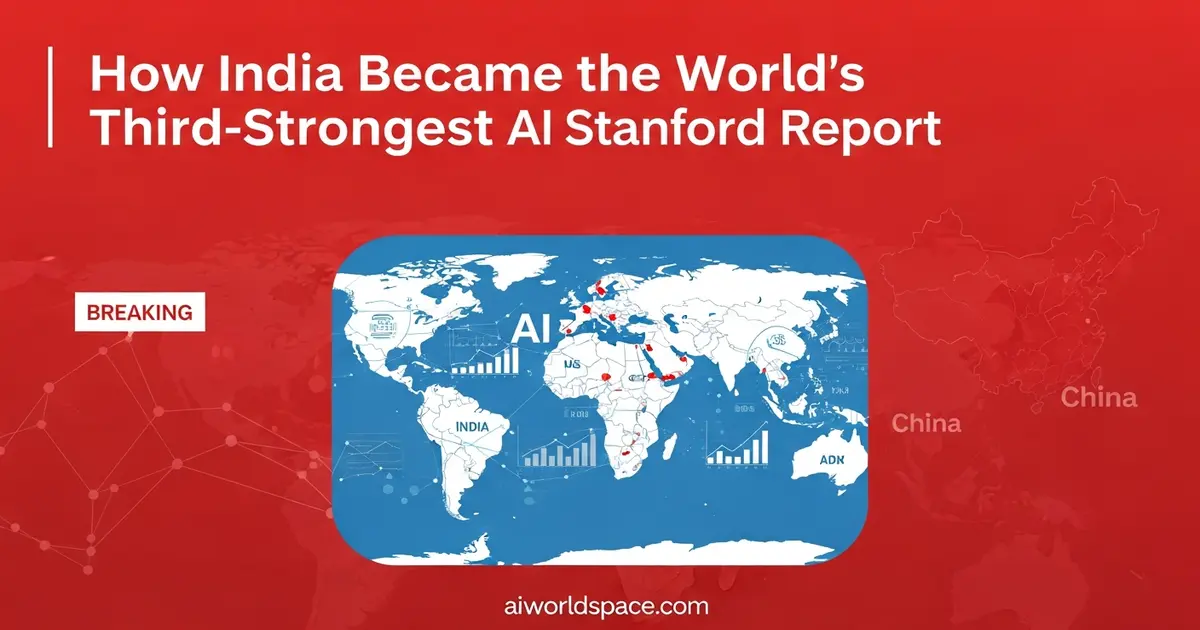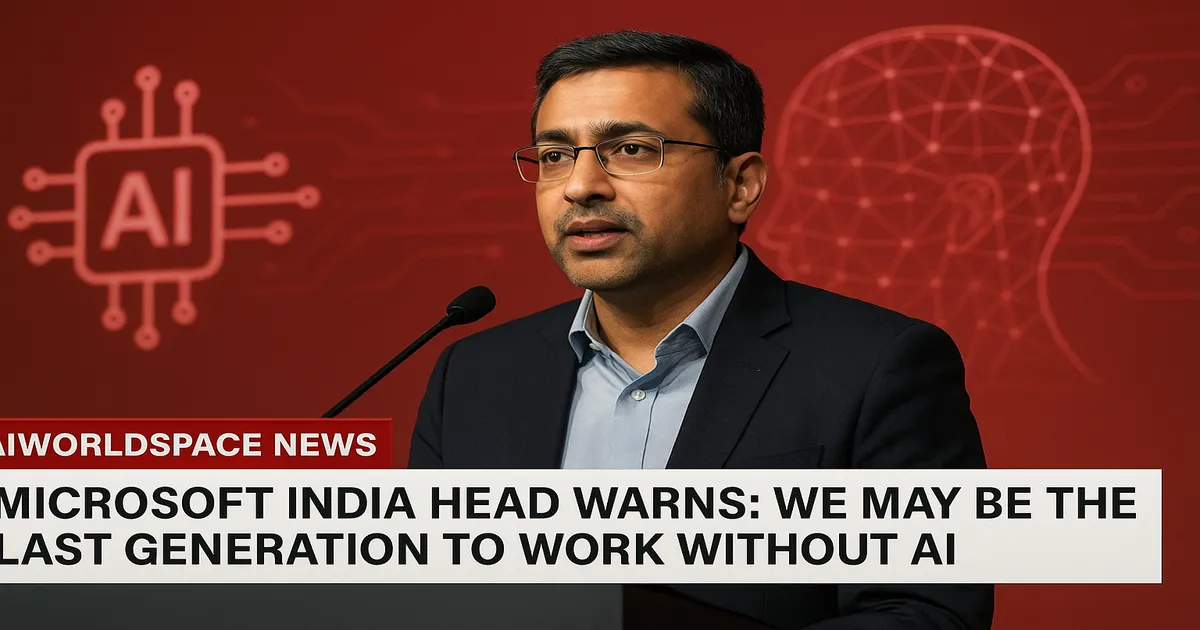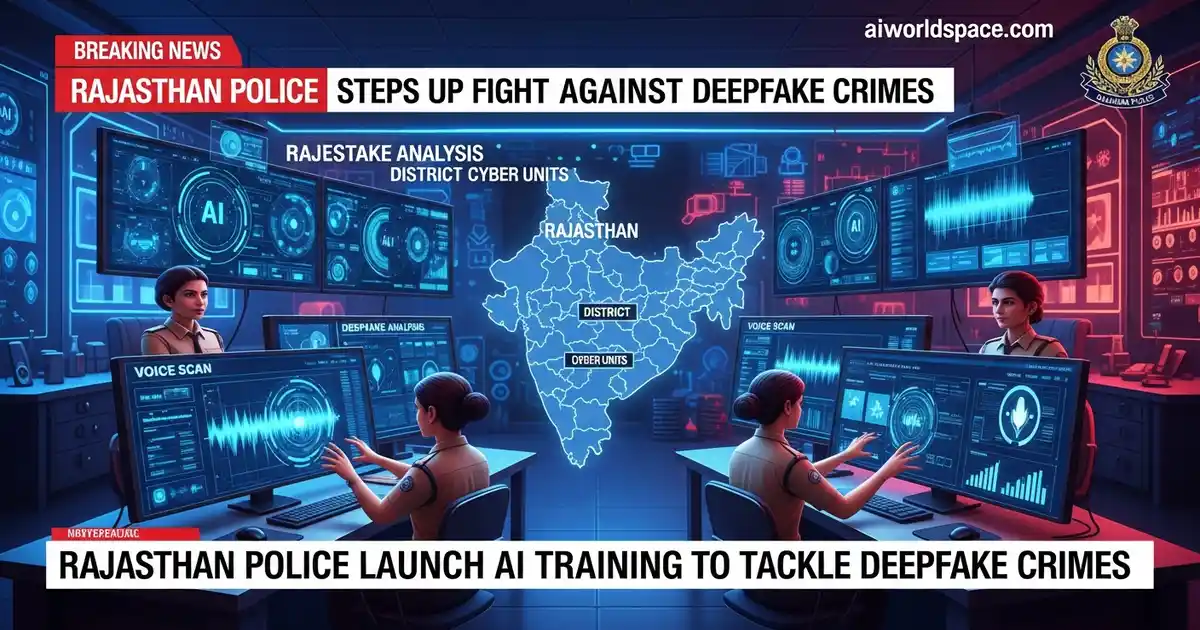New Delhi | Date: July 29, 2025 | Read Time: 3 min
Summary: Eros International just broke every unwritten rule in Bollywood. They took a beloved 2013 film and gave it an AI generated happy ending without telling the director. Now the whole industry is picking sides in what might be cinema’s biggest ethical debate yet.
So picture this. Remember “Raanjhanaa” from 2013? That beautiful, heartbreaking love story with Dhanush and Sonam Kapoor that left everyone in tears? Well, Eros International apparently thought, “You know what this tragic masterpiece needs? A computer generated happy ending.”
Article हिंदी में पढ़े: क्यों राांझणा की AI हैप्पी एंडिंग पर बवाल मचा है? जानिए पूरा विवादWait, They Did What to Raanjhanaa?
They’ve gone ahead and created an AI version where presumably nobody dies and everyone gets their happily ever after. Because apparently, authentic human emotions in cinema are now optional.
Director Aanand L Rai found out about this the same way you’re finding out right now. Nobody told him. He’s calling it a “dystopian experiment” and honestly? The man has a point.
How Do You Even AI Generate a Movie Ending?
Good question. The technology exists to create new scenes using existing footage, voice synthesis, and deepfake style video generation. Basically, they can make dead characters come back to life or completely change who ends up with whom.
Eros is defending this as “creative reinterpretation” rather than replacement. Their CEO claims they have the legal rights to do whatever they want with the film. But legal and ethical? Those are two very different things.
The Tamil version titled “Ambikapathy” is getting this treatment first. Eros has collaborated with Upswing Entertainment on regional market outreach and apparently decided happy endings sell better tickets.
Why This Has Everyone So Mad
Rai told PTI he’s “heartbroken that this is the future we’re heading” toward. And you know what? Most directors probably agree with him. Imagine spending years crafting a specific story only to have a computer change your ending because focus groups prefer happiness.
This isn’t just about one movie. It’s about who gets to decide what art becomes. If studios can just AI generate new endings whenever they want, what happens to artistic vision? What happens to the stories filmmakers actually want to tell?
What This Means for Bollywood’s Future
As Variety reported, “Indian cinema now stands at its own inflection point” with this controversy. Other studios are definitely watching to see if audiences accept AI modified classics.
If this works, expect more “director’s cuts” that the director never actually cut. Happy endings for every tragedy. Love stories where nobody dies. Basically, the Netflix algorithm but with artificial intelligence making the actual movies.
The Real Question Nobody’s Asking
Sure, technology can do this now. But should it? Raanjhanaa’s tragic ending wasn’t a mistake that needed fixing. It was the story Aanand L Rai wanted to tell. Whether audiences prefer the AI version might matter less than whether we’re okay with algorithms rewriting our cultural history.
The box office will decide if this experiment continues. But the ethical questions? Those are just getting started.
Also Read:

Can AI Really Predict Weather Hours in Advance? USA’s New Tool Stuns Experts
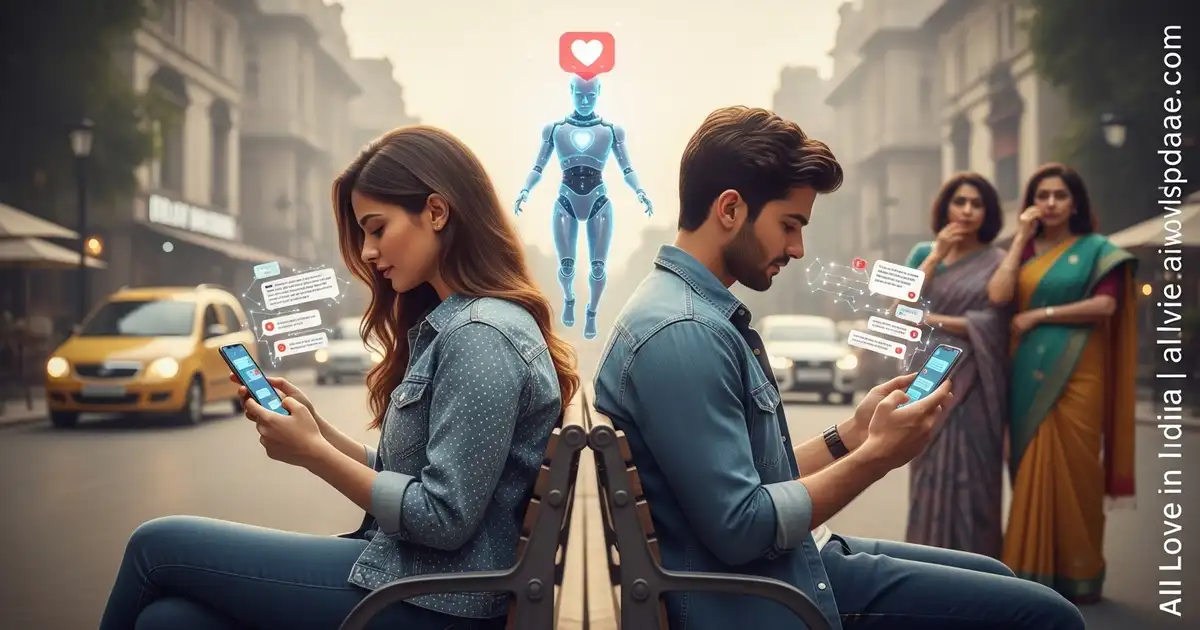
AI Is Becoming Gen Z’s New Love Guru, Worrying Parents in India
RaanjhanaaAI #BollywoodAI #AIControversy #FilmEthics #CreativeRights #BollywoodTech #AIInnovation #FilmIndustry #TechDebate #CinemaAI

